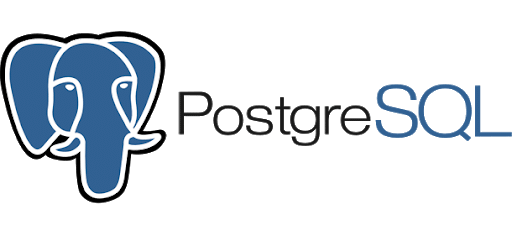Course Overview
The PostgreSQL Database Administration course is an extensive training program crafted to empower participants with the expertise needed to effectively manage and oversee PostgreSQL databases. Covering a broad spectrum from foundational PostgreSQL Server concepts to advanced functionalities, including client-server architecture, installation, configuration, and security protocols, this course leaves no stone unturned. Participants will delve into diverse aspects of database administration, including server management, metadata handling, transaction management, concurrency control, and performance optimization. Moreover, they will gain insights into table partitioning, extension utilization, and the implementation of robust security protocols to safeguard data integrity. Furthermore, the course delivers hands-on instruction on monitoring, diagnostics, routine maintenance, backup and recovery procedures, data manipulation, and replication techniques. Emphasizing real-world applications, it incorporates best practices for database upgrades and migrations, such as transitioning from Oracle to PostgreSQL using tools like Ora2PG. Upon completion, learners will emerge equipped with both theoretical knowledge and practical experience, ready to excel as proficient PostgreSQL Database Administrators, ensuring the reliability, integrity, and high performance of database systems.
Target Audiance
- Database Administrators (DBAs)
- System Administrators managing database servers
- IT Professionals looking to transition into database roles
- Data Analysts requiring knowledge of database administration for complex querying
- Developers who need to understand the backend database management
- DevOps Engineers involved in CI/CD processes requiring database integration
- Technical Project Managers overseeing database projects
- Software Architects designing systems with PostgreSQL databases
- Data Scientists needing to manage and query large datasets
- Business Intelligence Professionals seeking to understand the database layer
- Database Migration Specialists



 5
5